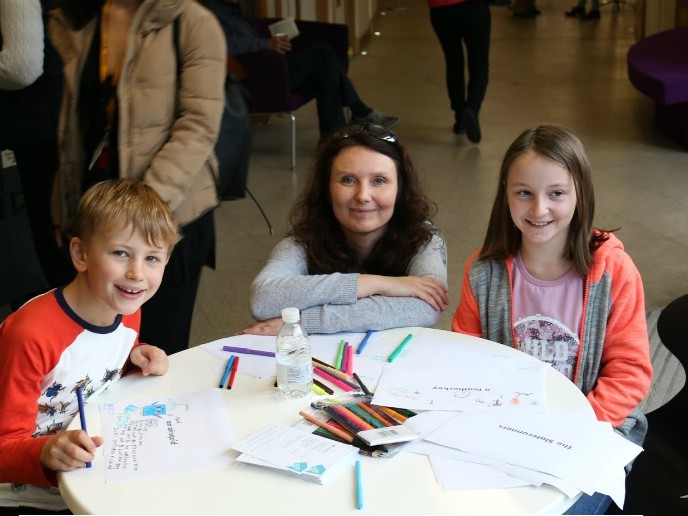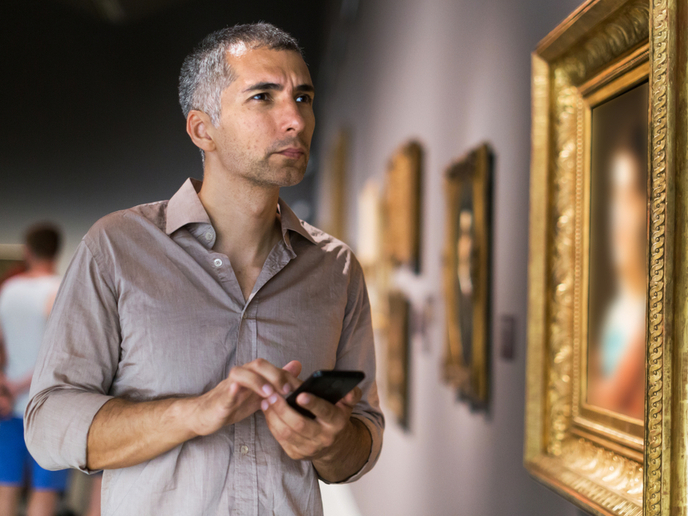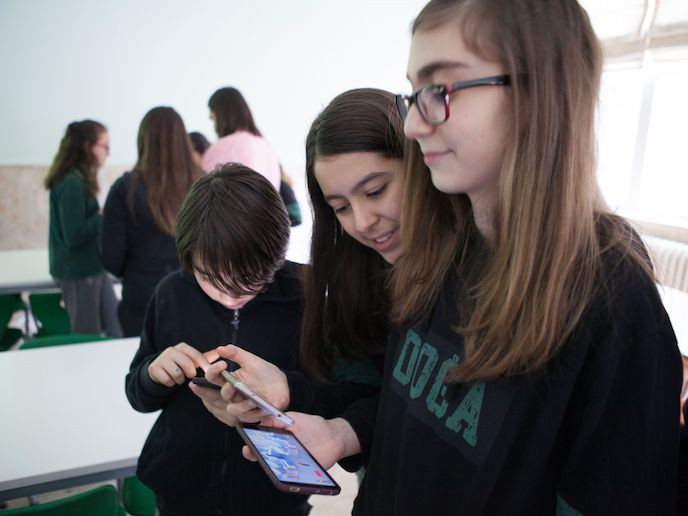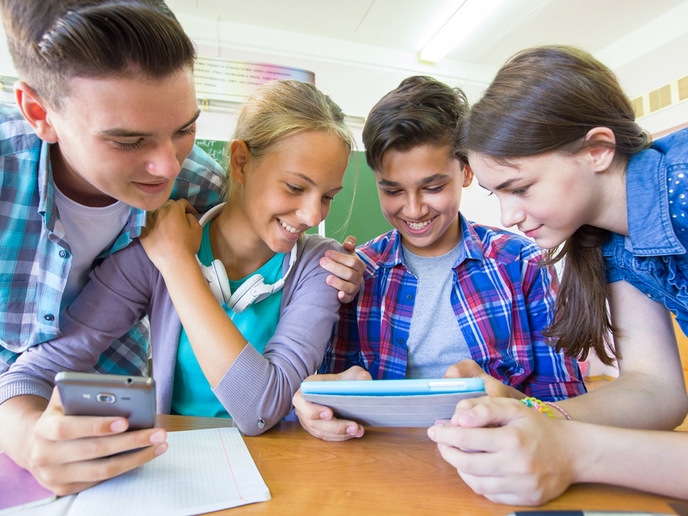Towards non-authoritative education in Hungary
In Hungary the majority of teachers maintain authoritative practices in classroom interaction. That is, instead of acting as independent agents, students often quote textbook definitions and their teachers’ words. Further, recent Hungarian education policies have further restricted teachers’ opportunities for working autonomously. This norm of dependence is usually reflected in students’, teachers’ and parents’ narratives, too. The EU-funded FINDING OWN WORDS (In the search of non-authoritative education in Hungary. Metadiscourses, identities and strategies in students' and teachers' interactive practices in standard and alternative settings) Marie Curie Intra-European Fellowship project took an interaction-focused approach to study the above phenomena and found differences in interactional practices and the design of learning environments in state schools and alternative institutions. During fieldwork in Hungary, data was generated about language and education ideologies in local schools. The findings were discussed in the context of Finnish school practices and Finnish educational research. Among others, the study concluded that customising educational and recreational spaces in schools raises students' and teachers' sense of agency and ownership. The project developed several fieldwork methods for gaining access to school community members’ emic perspectives. For example, the tourist guide technique involved student-, teacher- and parent-led guided tours of school premises, enhancing the discussion of a variety of views of school practices. Such reflections enhance the re-design of school environments to encourage learning and social inclusion. The results were published in five academic papers, with a further six in progress. Blog posts, videos, conference papers and workshops also enhanced the discussion of results. The project facilitated networking which resulted in a special issue for Linguistics and Education co-edited by the Marie Curie Fellow of the project. The project has helped the improvement of Hungarian educational practices, and advanced the study of institutional interaction in different built environments.







